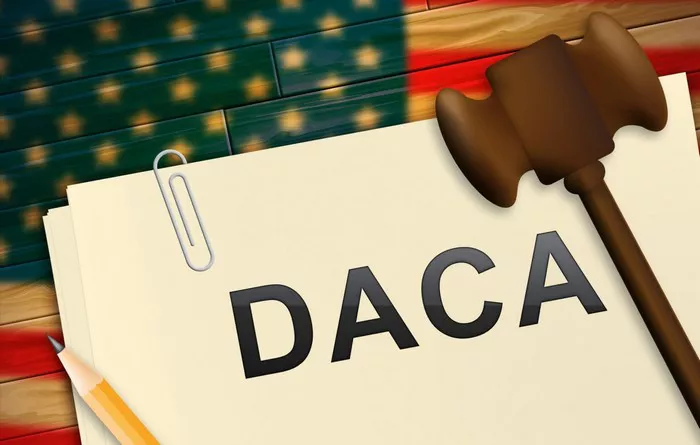Immigration policies have long been a subject of debate and contention, and one program that has been at the center of this discussion is DACA, or the Deferred Action for Childhood Arrivals program. Enacted in 2012, DACA has provided relief to hundreds of thousands of undocumented immigrants who came to the United States as children. This article aims to provide a comprehensive understanding of what DACA is, its history, its eligibility criteria, its impact, and the challenges it faces.
History of DACA
DACA traces its origins back to the Obama administration. On June 15, 2012, then-President Barack Obama announced the establishment of the program through an executive action. The primary aim of DACA was to provide temporary relief from deportation and grant work permits to certain undocumented immigrants who arrived in the United States as children.
The decision to implement DACA came after years of unsuccessful attempts by Congress to pass comprehensive immigration reform. With bipartisan efforts repeatedly falling short, the Obama administration took executive action to address the plight of undocumented youth who were often referred to as “Dreamers” after the failed DREAM Act legislation.
Eligibility Criteria
To be eligible for DACA, individuals must meet a set of strict criteria established by the U.S. Citizenship and Immigration Services (USCIS). Some of the key requirements include:
1. Age: Applicants must have been under the age of 31 as of June 15, 2012.
2. Continuous Residence: They must have continuously resided in the United States since June 15, 2007.
3. Education or Military Service: Applicants must be currently enrolled in school, have graduated from high school, obtained a GED certificate, or have been honorably discharged from the military.
4. Criminal Record: They must not have been convicted of a felony, significant misdemeanor, or three or more other misdemeanors, and must not pose a threat to national security or public safety.
Meeting these criteria is essential for individuals seeking DACA protection. Additionally, applicants must undergo a thorough background check and provide evidence to support their eligibility.
Benefits of DACA
DACA provides several significant benefits to recipients:
1. Protection from Deportation: DACA recipients are granted temporary relief from deportation for a renewable period of two years.
2. Work Authorization: They are eligible to obtain employment authorization, allowing them to work legally in the United States.
3. Social Security Number: DACA recipients can obtain a Social Security number, enabling them to pay taxes and access certain government benefits.
4. Driver’s Licenses: Many states allow DACA recipients to obtain driver’s licenses, enhancing their mobility and independence.
These benefits have had a profound impact on the lives of DACA recipients, enabling them to pursue education, employment, and a sense of security that was previously out of reach.
Challenges and Uncertainties
Despite its benefits, DACA faces several challenges and uncertainties:
1. Legal Challenges: DACA has faced numerous legal challenges since its inception. In 2017, the Trump administration announced its intention to terminate the program, leading to a series of legal battles that culminated in a Supreme Court ruling in June 2020 that upheld DACA, albeit on procedural grounds.
2. Political Uncertainty: The future of DACA remains uncertain, with ongoing debates in Congress about its fate. While President Biden has expressed support for DACA and introduced legislation to provide a pathway to citizenship for Dreamers, partisan gridlock and competing priorities have hindered progress.
3. Limited Protections: DACA provides only temporary relief from deportation and does not offer a pathway to citizenship or permanent residency. This leaves DACA recipients in a state of limbo, unsure of their long-term prospects in the United States.
4. Public Perception: DACA recipients continue to face stigma and discrimination, with some opponents of the program framing them as “illegal aliens” who are taking jobs and resources away from American citizens. Changing public perception and fostering empathy towards Dreamers remains a significant challenge.
Despite these challenges, DACA has undeniably had a positive impact on the lives of hundreds of thousands of young immigrants, enabling them to contribute to their communities and pursue their dreams without the constant fear of deportation.
Conclusion
DACA represents a critical lifeline for undocumented immigrants who came to the United States as children, offering temporary relief from deportation and the opportunity to work legally. Despite facing numerous challenges and uncertainties, DACA has provided tangible benefits to its recipients, enabling them to pursue education, employment, and a sense of security.
As debates about immigration policy continue to unfold, it is essential to recognize the contributions of DACA recipients and work towards finding a permanent solution that provides them with a pathway to citizenship and ensures their long-term security in the United States.


